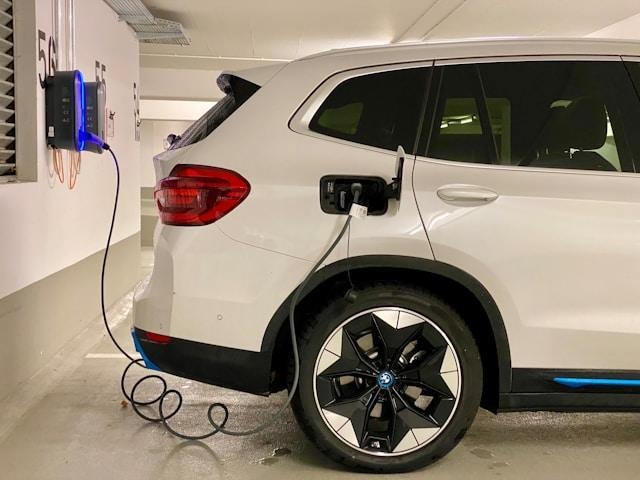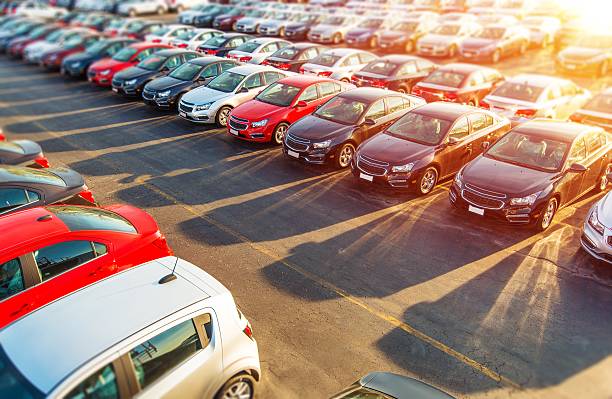There are different styles of rims, but all are divided into two fundamental categories: aluminium steel rims and alloy wheels. This guide defines alloy versus steel rims, chrome rims and magnesium wheels.
The majority of contemporary wheels are produced out of steel or aluminium. Steel rims Edmonton are usually heavier than aluminium wheels and they are welded out of two components. Aluminium/alloy rims are usually single-piece and may be multi-piece. This guide examines various types of wheels.
Alloy Rims
The term alloy can be described as a metal that is formed by mixing two or more metallic components. An example is that when you mix copper and tin, you end up with an alloy known as bronze. The fact that the major metal is aluminium and it has been mixed with other metals indicates that it is an aluminium alloy. Why? The alloy rims are made of more than one metal, but the most popular are aluminium and magnesium, which are less heavy as compared to steel ones. They may be called mag wheels, which is short for magnesium.
Alloy wheels have distinctive designs and finishes that could be utilised to customise your car. Some of the available options are chrome, machined, painted or polished finish.
Advantages and Limitations of Alloy Rims
Alloy rims benefits: They are more attractive and are lighter compared to steel wheels Edmonton. Increased fuel efficiency, firm braking and tyre lifespan.
Cons of alloy Rims: More prone to curb scratches and other possible damage. It is costlier to purchase and maintain compared to steel rims.
So, what differentiates alloy wheels and normal wheels? The steel wheels are sometimes referred to as normal wheels since in the past steel rims were the norm. But nowadays in 2025, alloys of aluminium are used. OEM aluminium alloy rims are used in the majority of cars.
Steel Rims
Automobiles used to predominantly use steel rims. Steel rims Edmonton are relatively cheap as well and can serve you for a longer period compared to alloy rims. The ability of steel wheels to support to weight determines their longevity.
The steel wheels are also not easily damaged and can work in all weather conditions. In case you own a heavy-duty car, then the only way to go is to have steel rims.
Pros of steel rims: Steel wheels Edmonton are cheaper compared to alloy rims, and are weightier, which is beneficial in winter driving. The steel wheels are stronger and more durable and that’s what trucks and heavy machinery require.
Cons of steel rims: They have more weight compared to alloy rims and thus not fuel efficient. The majority of the experts suggest that heavy cars should be equipped with steel wheels.
Chrome Wheels
These are alloy rims with a many-layered finish of chrome. They are ideal for drivers who want something a little niftier and want their car to stand noticed in the crowd. The term "chrome" has been used to describe the coating or rims' finish, but not the materials of the wheels.
Pros of chrome rims: In case you favour the polished metal appearance, the chrome rims have a mirror finish. They are eye catchers, and that is why the chrome rims are mainly used on sports cars and show automobiles.
Cons of chrome rims: The drawbacks of chrome wheels are that, unfortunately, like alloy wheels, chrome can get damaged easily. They are also harder to take care of. Due to the fact that chrome plating entails the application of metal layers on the wheel, the chrome finishes weigh down your rims.
Magnesium Rims/ Wheels
Mags' vehicle rims are rims composed of magnesium as the major metallic component. They are either cast or forged and have the propensity to be light weight hence are more favoured by racing motorsports.
Corrosion is more likely in magnesium and this is one of the reasons why magnesium isn’t the best choice of wheel materials. Words have it that magnesium wheels are not necessarily fire hazards.
Magnesium that is pure is very inflammable; however, mag alloys are not; magnesium rims aren’t prohibited. Indeed, they are applied in F1 racing and in some applications in the aviation industry. Magnesium alloys aren’t widespread but are more prone to corrosion in spite of being the lightest material of the wheels.




Want to add a comment?